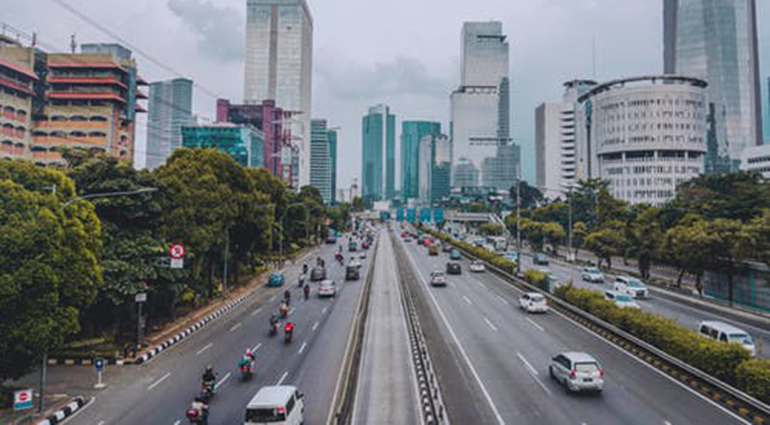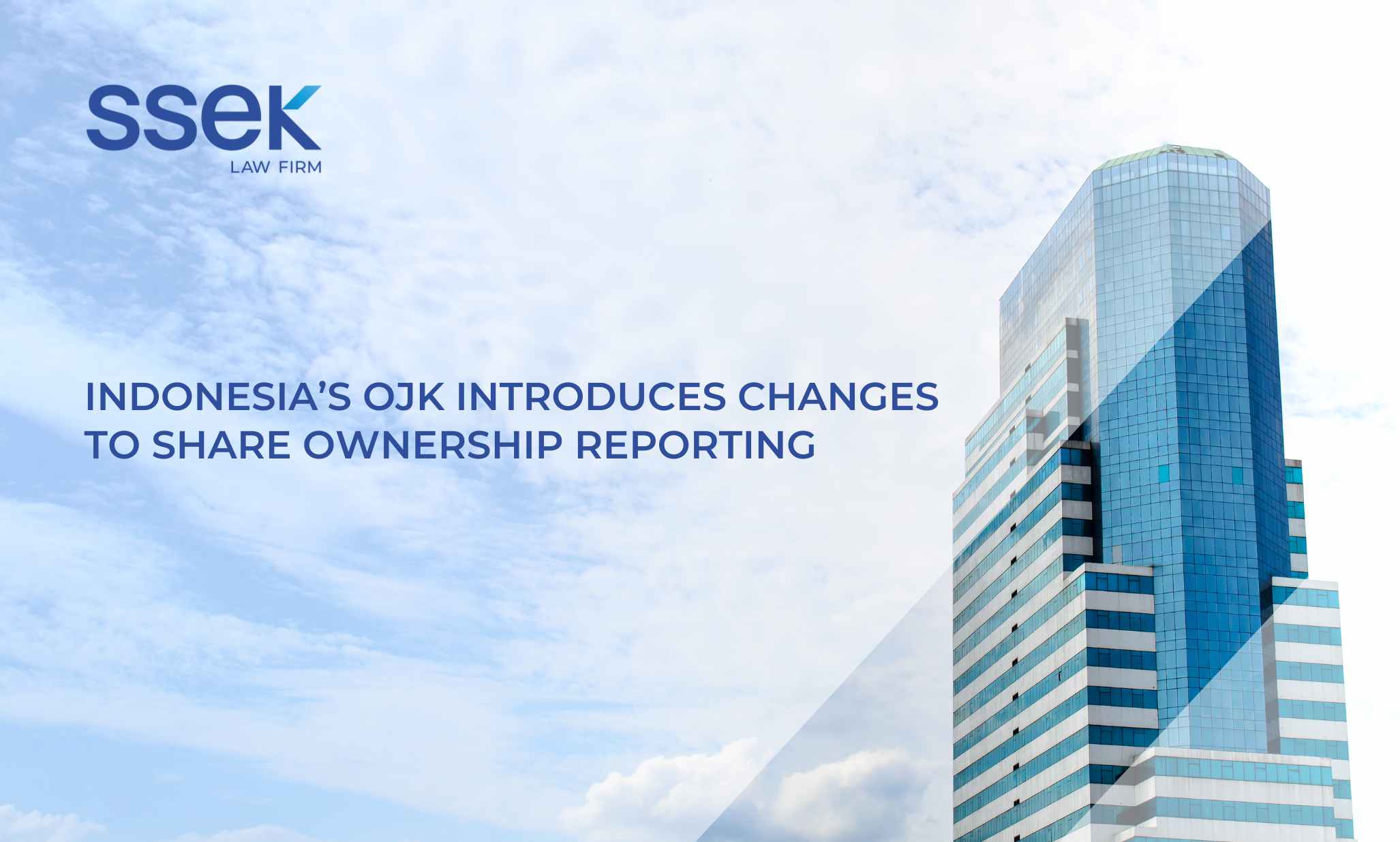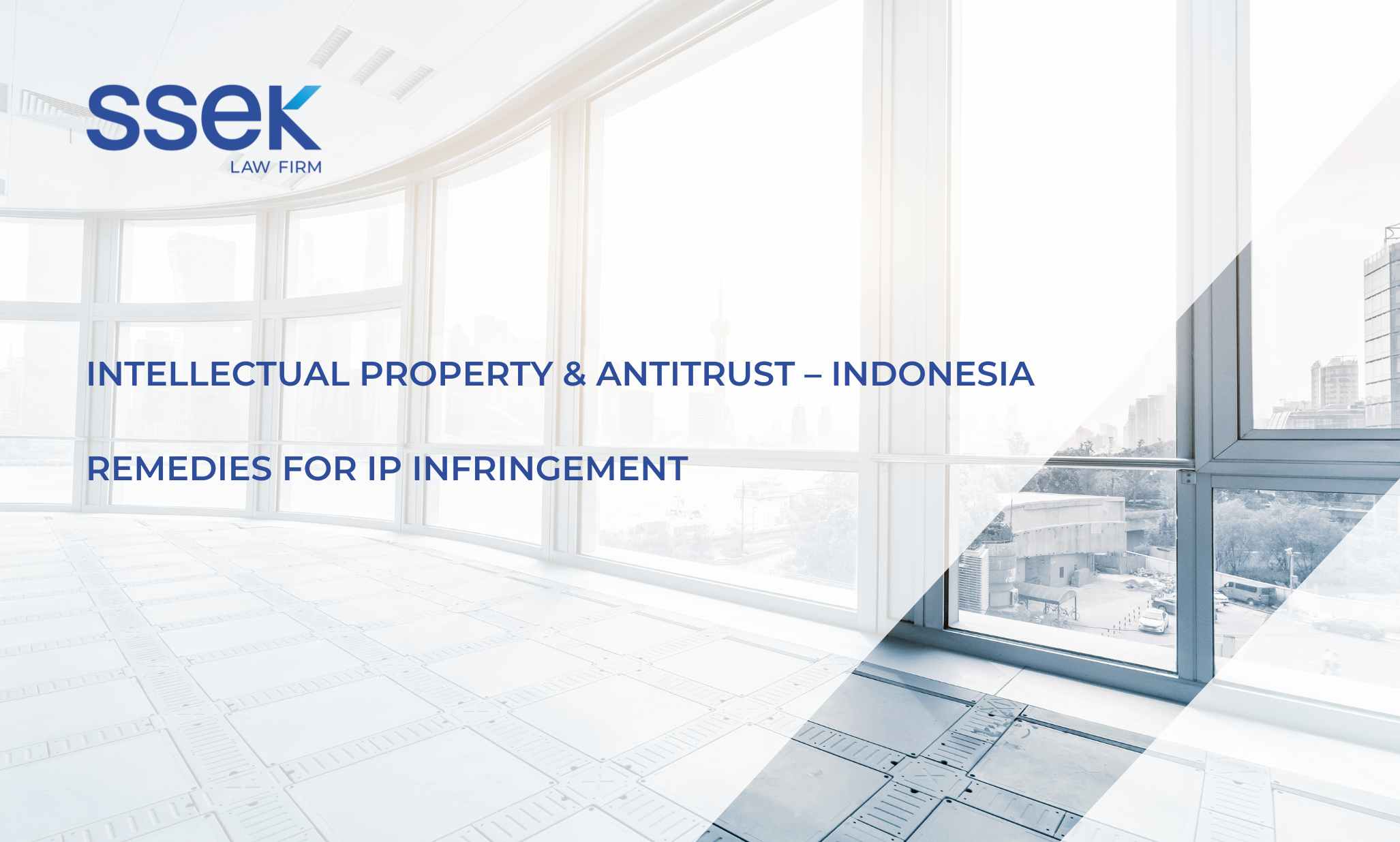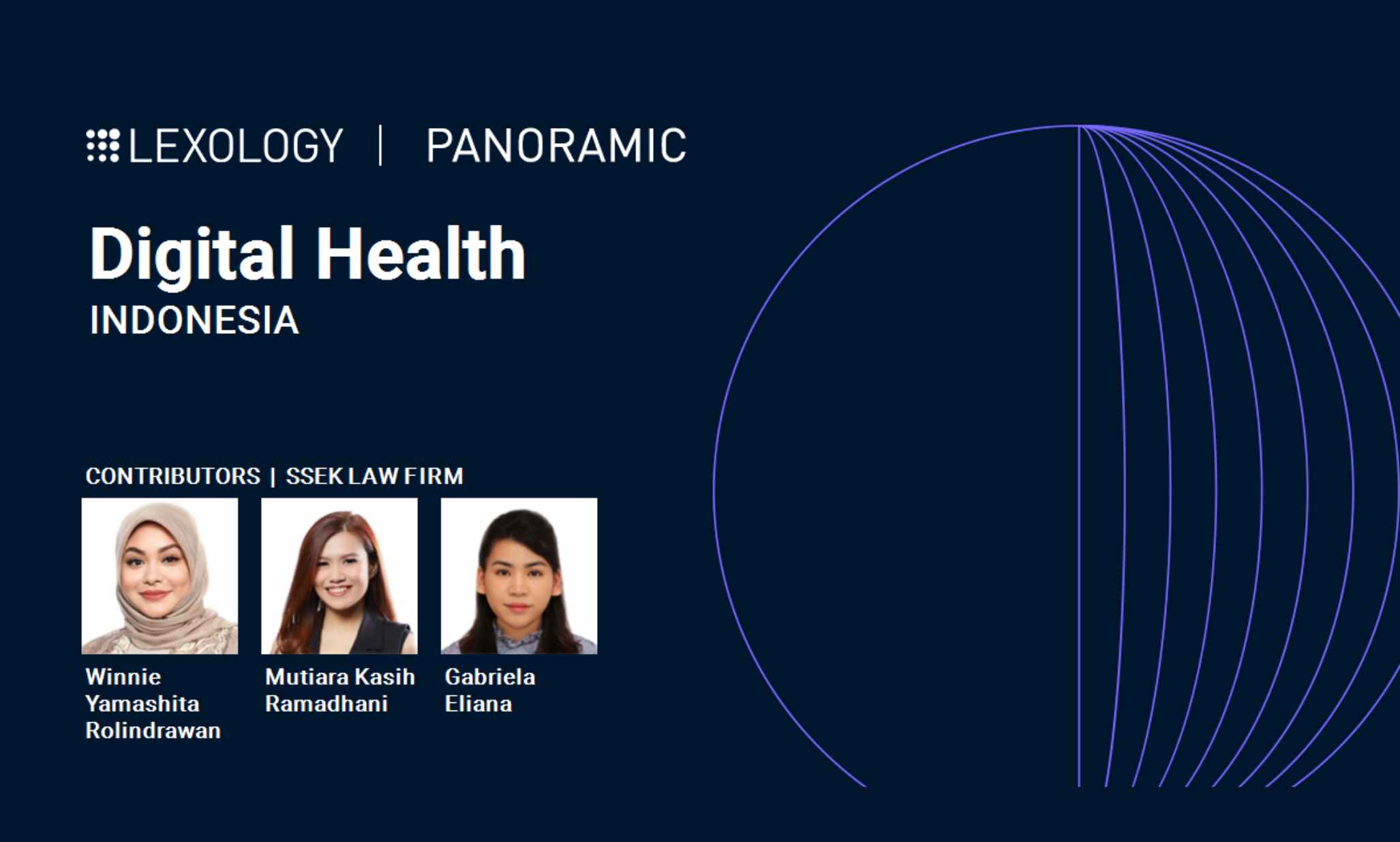

(March 15, 2021) As a continuation of the Indonesian Government\'s stated goal to make Indonesia more investment friendly through the enactment of Law No. 11 of 2020 regarding Job Creation, a new Government Regulation (\"GR”) was issued and came into force on February 2, 2021. The new regulation is GR No. 48 of 2021 regarding the Third Amendment to GR No. 31 of 2013 regarding the Implementing Regulation of Law No. 6 of 2011 regarding Immigration (\"GR 48/2021”).
While the principal provisions relating to the presence of foreigners in Indonesia under the current laws and regulations remain in force, GR 48/2021 introduces some significant changes, which we highlight here.
Change in Validity of Limited Stay Permit
One of the biggest changes introduced by GR 48/2021 is the legally permissible length of a foreigner\'s Limited Stay Permit (Izin Tinggal Terbatas or \"ITAS”). Previously, an ITAS was granted for a maximum period of two years and could be extended for maximum two-year periods up to an aggregate stay of six years in Indonesia, after which the foreigner was required to process a new ITAS.
GR 48/2021 now provides that an ITAS is valid for a maximum of five years and can be extended under the condition that the aggregate stay of the foreigner in Indonesia does not exceed ten years. GR 48/2021 also further clarifies that an ITAS for work purposes that is valid for no more than 90 days can be extended under the condition that the aggregate stay of the foreigner in Indonesia does not exceed 180 days.
Change in Validity Period of Visit Stay Permits
Simplification is a big theme of GR 48/2021, with the regulation revising provisions of older regulations to make them more straightforward and easier to comprehend. For example, in the case of a Visit Stay Permit issued based on entry to Indonesia under a Single-Entry Visit Visa, GR 48/2021 now provides that such Visit Stay Permit is valid for a maximum period of 180 days and is non-extendable. The validity period used to be 60 days and it was extendable inland four times up to an aggregate stay of six months.
Meanwhile, Visit Stay Permits issued based on entry under a Multiple-Entry Visit Visa are granted for a maximum period of 180 days and are extendable up to an aggregate stay of no more than twelve months in Indonesia.
Another big change is the validity period of Stay Permits issued based on entry under a Visit Visa on Arrival, which used to be thirty days and extendable for another thirty days. Under GR 48/2021, the maximum validity period of this Stay Permit is no more than thirty days and it is no longer possible to be extended.
Introduction of ‘Second Home’ Category
GR 48/2021 introduces a new category to Indonesian immigration rules, whereby foreigners can now obtain a Limited Stay Visa (Visa Tinggal Terbatas or \"VITAS”) for non-work purposes for the purpose of having Indonesia as a \"second home” (rumah kedua). Foreigners must have settled in Indonesia for five to ten years and fulfil certain requirements to qualify for this new visa category. This \"second home” category replaces elderly tourists, who were eligible for a non-work VITAS in previous regulations. GR 48/2021 does provide that non-work VITAS already issued for elderly tourists shall remain applicable as a non-work VITAS for foreigners in the \"second home” category.
Additional Requirements to Obtain a VITAS
GR 48/2021 adds two requirements for a VITAS application, namely:
- A statement letter of good standing from the relevant authorities or the embassy/consulate of the foreigner\'s country of origin; and
- A health examination letter stating that the foreigner is free from any contagious disease that could endanger public health.
Pre-investment and Requirements for Obtaining a Visit Visa
GR 48/2021 adds a new eligibility category for both Single and Multiple-Entry Visit Visas, i.e. pre-investment activities. These are activities in conjunction with starting a business, such as activities related to field surveys and/or feasibility studies. In relation to the required guarantee letter from a guarantor for a Visit Visa application, if a foreigner does not have a guarantor then the guarantee letter can be replaced with a proof of payment of an Immigration Guarantee, as discussed below.
Immigration Guarantee
GR 48/2021 requires certain foreigners in Indonesia to have a guarantor responsible for the presence and activities of said foreigners during their stay in Indonesia, and for reporting any change in the civil status, immigration status and/or address of such foreigners. This guarantor requirement does not apply to foreigners legally married to Indonesians, foreign investors, or citizens of countries that reciprocally waive guarantee requirements.
Foreign investors, \"second home” foreigners, and foreigners engaged in pre-investment activities may make an official payment to a Directorate General of Immigration bank account that will be treated as an immigration guarantee payment that replaces the guarantor requirement. This payment will be used, if necessary, to cover the cost of repatriation or deportation, overstay, and/or any other outstanding immigration costs that must be paid by the relevant foreigner. If the immigration guarantee is not used to pay immigration obligations, the full amount of the payment shall be returned to the foreigners once their Stay Permit expires.
Conversion of Stay Permits
Another significant change introduced by GR 48/2021 is the possibility for foreigners themselves to apply to the relevant Head of Immigration Office or appointed Immigration Official for the conversion of a Visit Stay Permit to an ITAS, or an ITAS to a Permanent Stay Permit (ITAP). Previously, only guarantors could submit these applications.
For more information, please contact:
Stephen I. Warokka, Partner
stephenwarokka@ssek.com
This publication is intended for informational purposes only and does not constitute legal advice. Any reliance on the material contained herein is at the user\'s own risk. All SSEK publications are copyrighted and may not be reproduced without the express written consent of SSEK.









